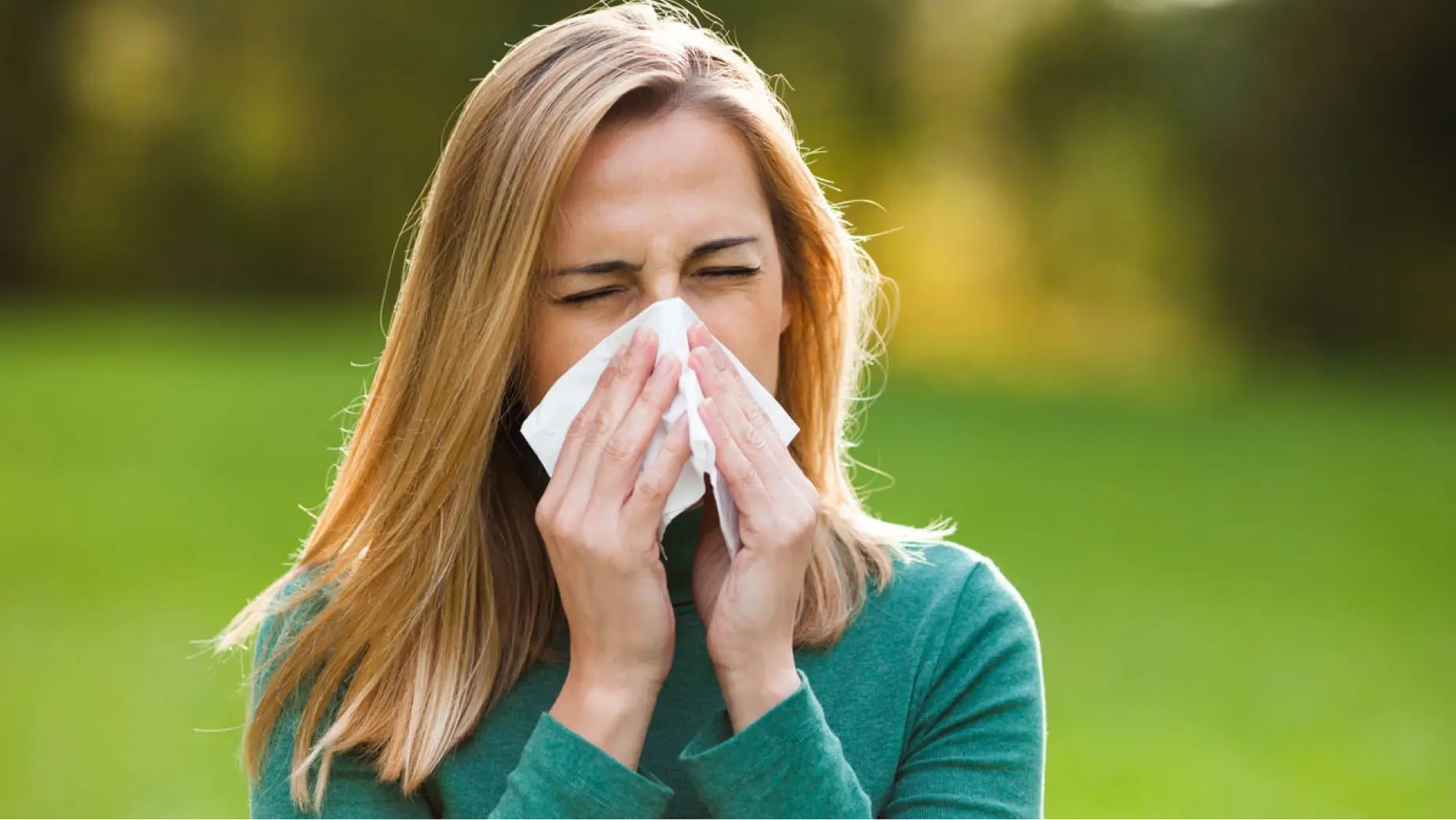Why Are Allergies on the Rise? The Modern Immune Crisis
Why Are Allergies on the Rise? The Modern Immune Crisis
What Our Bodies Are Reacting To—And Why
Across the globe, more people than ever are sneezing, itching, and struggling to breathe—not because the environment has worsened, but because our immune systems are overreacting to it. From food allergies to pollen sensitivity, the rise in allergic diseases is both staggering and mysterious. But science is beginning to unravel the roots of this immune disruption. Here's a deep, multi-dimensional look at why our bodies are reacting so intensely to the world around us—and what it means for our future.
1. Understanding Allergies: A Mistaken Identity
An allergy is not caused by the allergen itself—but by the immune system’s misjudgment of it.
-
The body wrongly identifies harmless substances—like dust mites, peanuts, or pollen—as dangerous.
-
It releases histamines and inflammatory chemicals, triggering sneezing, rashes, or even life-threatening anaphylaxis.
-
In evolutionary terms, this is an error: the immune system was built to fight infections, not harmless proteins.
So the real question isn’t what we’re exposed to—but why our immune surveillance has become hypersensitive.
2. The Hygiene Hypothesis: Too Clean for Our Own Good?
One of the most compelling explanations is the hygiene hypothesis.
-
In modern, urban societies, children grow up with fewer infections, less exposure to soil microbes, and ultra-sanitized environments.
-
Without early microbial training, the immune system doesn’t learn to differentiate friend from foe—leading it to attack non-threatening invaders.
-
Studies show that children raised on farms or with pets have significantly lower allergy and asthma rates.
Our obsession with cleanliness may be disrupting a crucial evolutionary education of the immune system.
3. Gut Microbiome: The Missing Microbial Middleman
The gut microbiome—home to trillions of beneficial bacteria—plays a central role in immune regulation.
-
Early antibiotic use, C-sections, and formula feeding may reduce microbial diversity in infants.
-
This impacts T-cell training, which helps suppress unnecessary immune responses.
-
Research shows that people with allergies often have an imbalanced or less diverse gut flora.
Restoring microbial diversity may be key to retraining the immune system from within.
4. Environmental Shifts: Pollutants and Climate Change
Our environment is changing faster than our bodies can adapt.
-
Air pollution, diesel exhaust, and microplastics amplify allergen potency by damaging respiratory lining and priming immune cells.
-
Climate change extends pollen seasons and increases allergenic plant growth, especially in urban heat islands.
-
The immune system, under constant low-grade stress, becomes hyperreactive, even to weak allergens.
We're not just reacting to the allergen—we're reacting to the altered world carrying it.
5. Ultra-Processed Diets and Immune Confusion
Modern diets are low in fiber and high in additives, which impacts immune education.
-
Fiber feeds gut bacteria, supporting anti-inflammatory immune pathways.
-
Additives like emulsifiers and preservatives may weaken gut barriers and increase sensitivity to food proteins.
-
The loss of whole, unprocessed foods deprives the immune system of natural immune modulators.
Our bodies are not evolving fast enough to handle the chemical landscape we’ve created.
Final Thoughts: A Crisis of Immunological Identity
The rise in allergies is not a mystery—it’s a message. Our immune systems are starved for microbial exposure, confused by chemical stimuli, and inflamed by modern life. The solution isn’t more avoidance—it’s smarter exposure, better nourishment, and deeper understanding.
Because healing the immune system begins not with fear, but with restoring its lost sense of trust.


Comments
Post a Comment
Please comment on this blog-